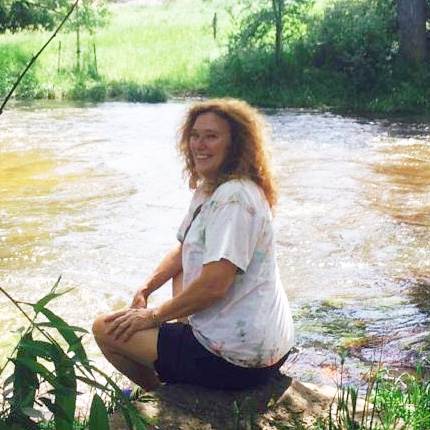About My Coaching Mode
Sources and Information: My Life Planning Coaching Orientation

My Life Planning Coaching is based on the principles of adult identity formation and transition. My primary academic source for understanding the stages of adult development derive from the work of Erik Erikson, a developmental psychologist and psychoanalyst known for his theory on psychological development of human beings. Erikson coined the phrase “identity crisis.” His psychosocial stages of development are studied in clinical programs around the world. Erikson’s psychosocial development theory proposes that our personality develops through eight stages, from infancy to old age. He asserted that individuals’ social experiences help shape their lives, with each stage recognizable by the specific conflict we encounter between our psychological needs and the surrounding social environment.
Erikson’s wife, Joan Erikson, the main collaborator with her husband in their internationally renown book, was also an author, educator, craftsperson, and dance ethnographer. The two published their seminal book in 1950 – Childhood and Society, where the eight stages of development were detailed from birth to the golden years.
Erikson’s stages that I incorporate into my Life Planning Coaching model are the adult stages of development:
- Intimacy Versus Isolation – In the sixth stage of Erikson’s psychosocial development theory, young adulthood takes place between the ages of 18 and 40. During this time, major conflict can arise as we attempt to form longer term commitments outside of our family, with varying degrees of success. And yet, positive outcomes result in healthy, happy relationships that are secure and enduring, developing the virtue of love.
- Generativity Versus Stagnation – The seventh stage of psychosocial development occurs between 40 and 65 years of age. During middle adulthood, we display our need for longevity, not necessarily in a physical sense, but as life’s continuation in our children or the long-term impact we have on others. We aim to make a mark on the world, to nurture things that will outlive us. We may look for ways to be more productive and valuable to our society, with an eye on the bigger picture. Success is exemplified by virtue of care – the feeling of being useful in life, accomplishing something, and contributing to society. We are proud of who we are, what we have achieved, our children and who they have become, and the strong relationship we have with our partner.
- Integrity Versus Despair – Our final stage of psychosocial development takes us from 65 years of age to death – known as maturity. This stage is one of reflection. We slow down, are less productive, and spend time reviewing our accomplishments throughout life. Success is in the belief that we have achieved our goals and found happiness, leading to the feeling of integrity, “a sense of coherence and wholeness” (Erikson, 1982). We feel we have achieved much and are ready to meet our end with a sense of peace. Success leads to the virtue of wisdom – a sense of completeness.

Group sessions for specific adult life stages will be formed based on age and stage of adult development so that the members have a great deal in common, which aids in creative life planning. I have renamed the adult groups, based on Erikson’s adult stages of development, as follows:
- Youngish Adults – focusing on the struggle for intimacy and meaningful work and play; balancing one’s life to achieve the maximum satisfaction and joy. (20s – early 30s)
- Mid-Stream Adults – also focusing on the pursuit and refinement of intimacy and meaningful work/play, but adding in issues of transition, loss, and empty nest adjustment. (30s – 50s)
- Aging with Grace and Sass – for those individuals who are interested in designing their Third Act (Jane Fonda’s term – Fonda discusses a new way to approach the last three decades of life, what she calls ‘the third act.’ She has created podcasts on the subject and two books My Life So Far (2005) and Prime Time: Love, health, sex, fitness, friendship, spirit; Making the Most of All of Your Life (2011)). Fonda characterizes this final stage with the following metaphor for aging – a staircase with the upward ascension of the human spirit, bringing us into wisdom, wholeness, and authenticity. We will use her books and others’ writings in the exploration of group members’ exploration and design of their Third Act. We will also use the group members’ writings, art, performances to expand learning in a collaborative manner.
My Life Planning Coaching Orientation – Client Driven, Process Oriented
In addition to using Erikson’s adult stage of development in helping client achieve their LIFE GOALS, I believe that every one of us knows how we learn best, what fears compromise us from reaching our goals, and the types of support we need to untangle and surmount obstacles. My role as a LIFE PLANNING COACH is to help you assess where you might be stuck. Then, through our work together, which is driven by YOU, we will devise a process for change. Your process will differ from others’ processes.
Coaching Groups will be comprised of individuals who are delving into similar life stage issues. Individual coaching will be designed by you with input from me. You will be the prime mover of your change process; I will function as advisor, supporter, cheerleader, or whatever role you believe is most helpful for you. If we need to modify as we go along, we will do so. You will be in charge of the direction, as well as the pace and the substance of our work together.
